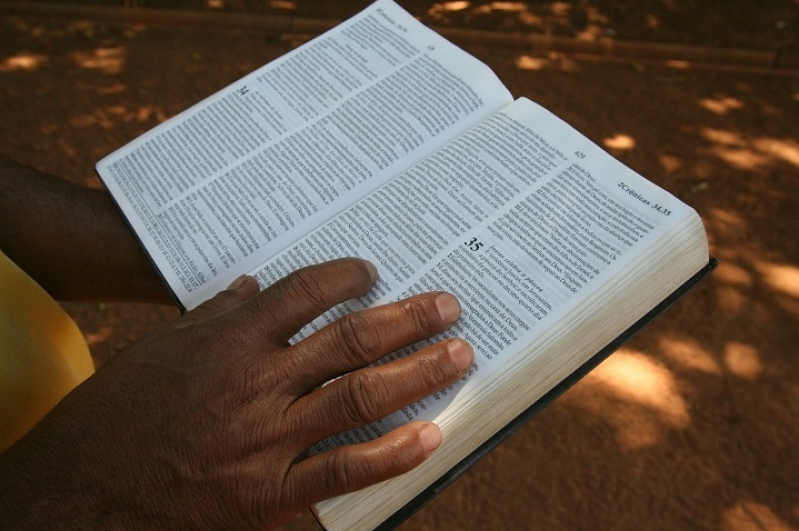
A young Peruvian man who attempted to kill himself by self-poisoning embraced Christianity after hearing the Gospel on a radio program - and now works to share that Good News with others.
According to a report from Christian Aid Mission, Dali fell into a deep depression after the woman he had lived with for three years told him she'd found another lover.
Determined to end his own life and convinced that suicide was the only way to overcome the pain, Dali mixed together a deadly concoction and drank it. While catatonic, he flipped through the channels on a radio, and heard someone talking about hope in Jesus Christ.
He listened for some time, and decided to call in.
"I was able to explain to him that the Lord has a plan, a purpose for him," the radio evangelist said. "He received Jesus as his Savior. I began to teach him the Bible, and now the Lord has delivered him from death."
Dali survived, and is today learning the Bible and sharing the story of his transformation with friends and relatives. The radio evangelist, who leads an indigenous ministry serving areas of Peru, said soon Dali will be baptized.
The radio outreach led to the formation of a church in Olmos town last June, and Dali recently became part of the 19-member congregation.
"We gather twice a week, and once a month we fast and pray for the needs of the congregation," the ministry leader said. "Also, a few months ago several people were baptized."
The ministry director has an incredible story of his own: He was raised in a family steeped in witchcraft and idol worship, among the same kind of jungle-dwelling animists that his ministry has reached with the gospel since 1988. After years of struggling with alcohol addiction, he became a Christian and now helps plant churches across northern Peru's Lambayeque Region.
The ethnic Quechua, who make up 4.4 million of Peru's approximately 30 million people, practice animism and witchcraft, often in conjunction with a nominal form of Catholicism. The ministry director shared that indigenous workers rarely find any Quechua who have heard or understood the gospel of Christ, as the Lambayeque Quechua are usually more devoted to elements of nature that must be appeased with offerings.
"Among the Lambayeque Quechua people in the Andes, most of the population worships idols and needs to hear the hope in Jesus," the leader said.
That's why ministry teams make regular forays into remote villages to share Christ personally, bringing with them clothes, shoes and financial aid. Christian Aid notes that the distribution of basic living items helps open the way for gospel proclamation to both children and adults.
Statistics shared by Compassion International show that Catholicism is the predominant religion in Peru; in fact, the government recognizes the Catholic Church's role as "an important element in the historical, cultural and moral development of the nation." However, evangelicals account for just 20 percent of the country's population,.
Caleb Sutton of Peru Mission, a U.S.-based ministry that plants churches in Peru, told The Christian Post that in recent times, the growth of Christians has occurred due to converts from rural and remote areas who have heard the Gospel through radio stations.
"Evangelicalism offers them something the Roman Church has failed to offer, a sense of purpose and belonging, and a new identity in Christ," he told the outlet. "This is something particularly appealing to those classes traditionally discriminated against within society."
To learn how you can help indigenous missionaries meet needs, click here.







